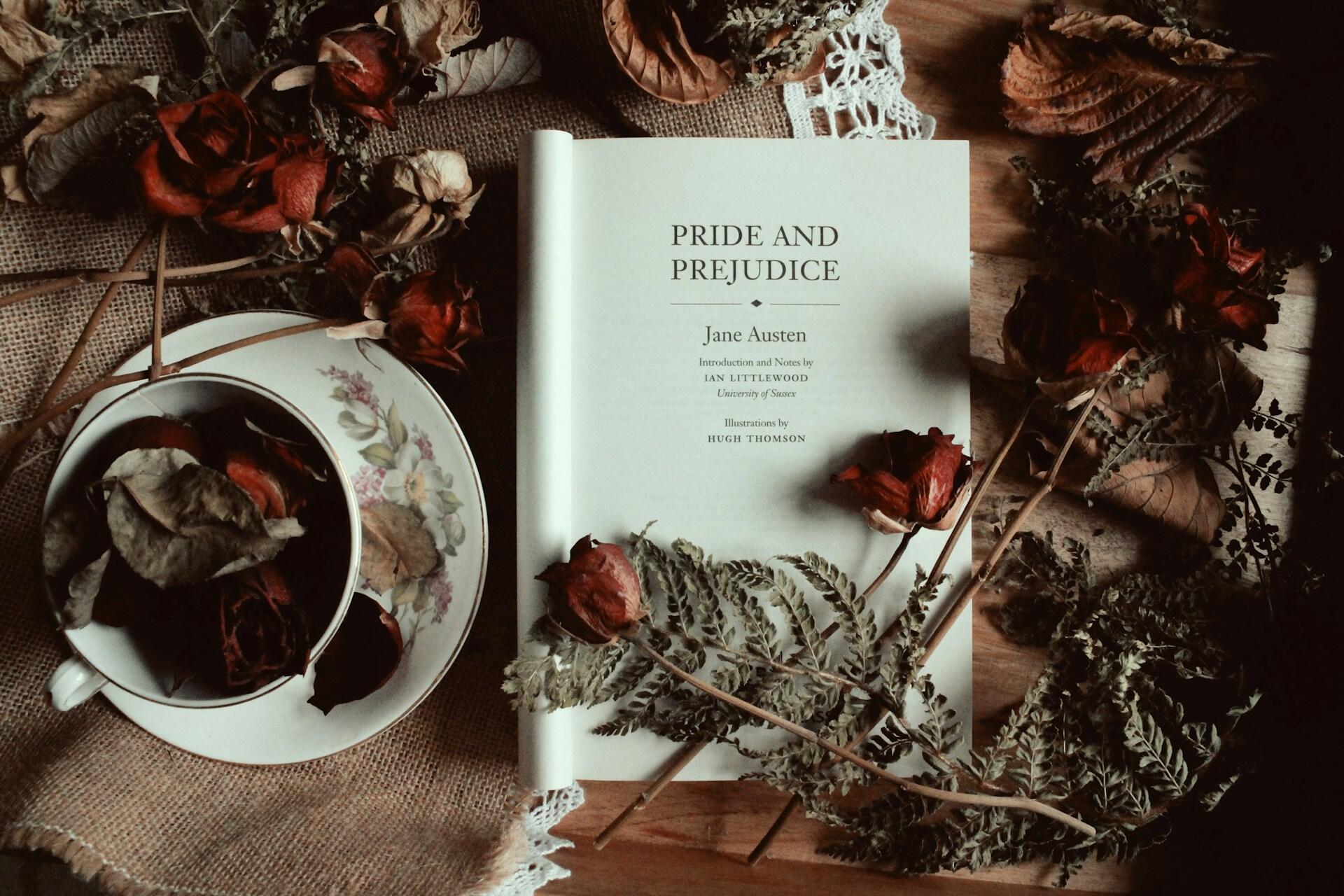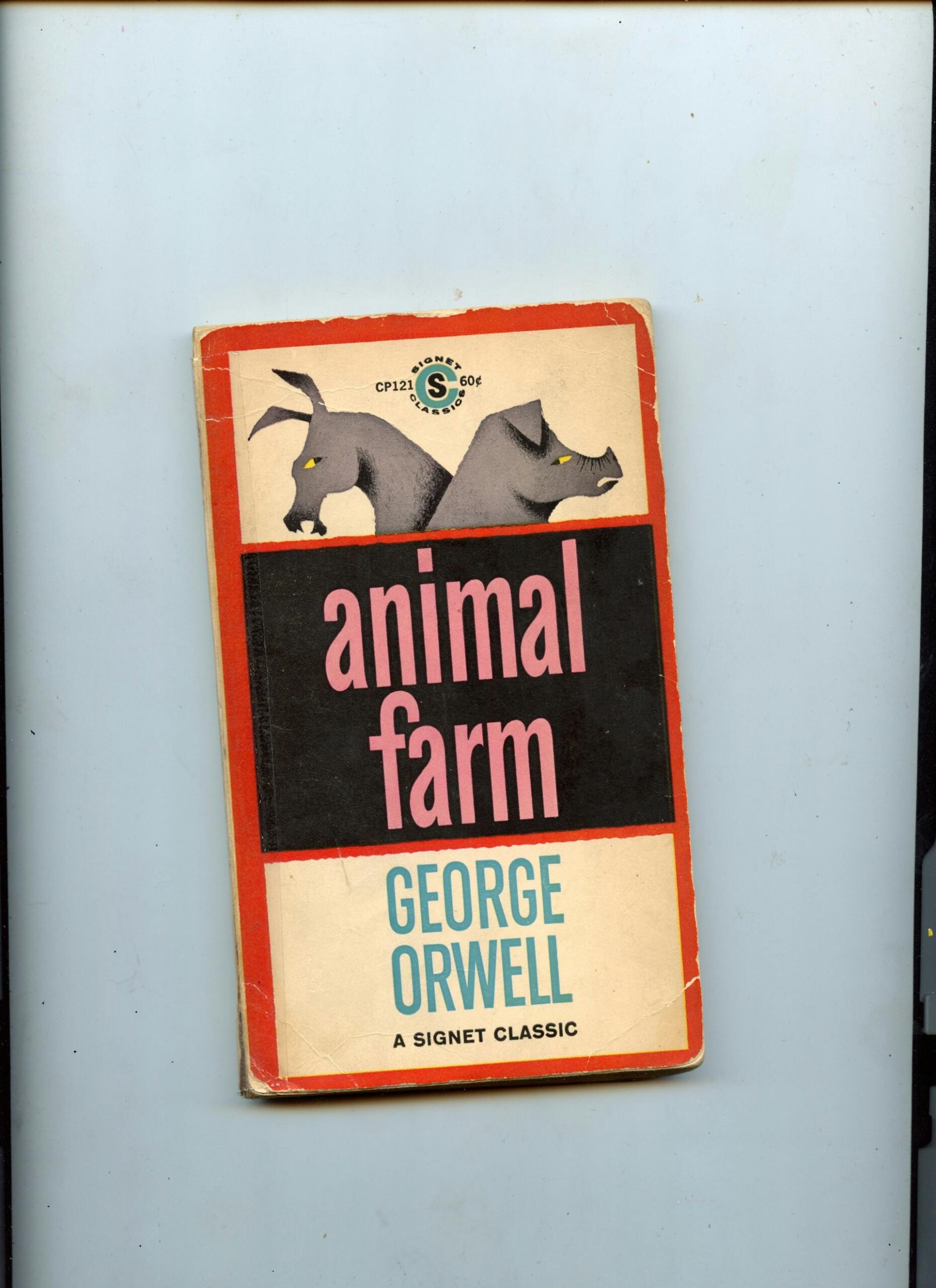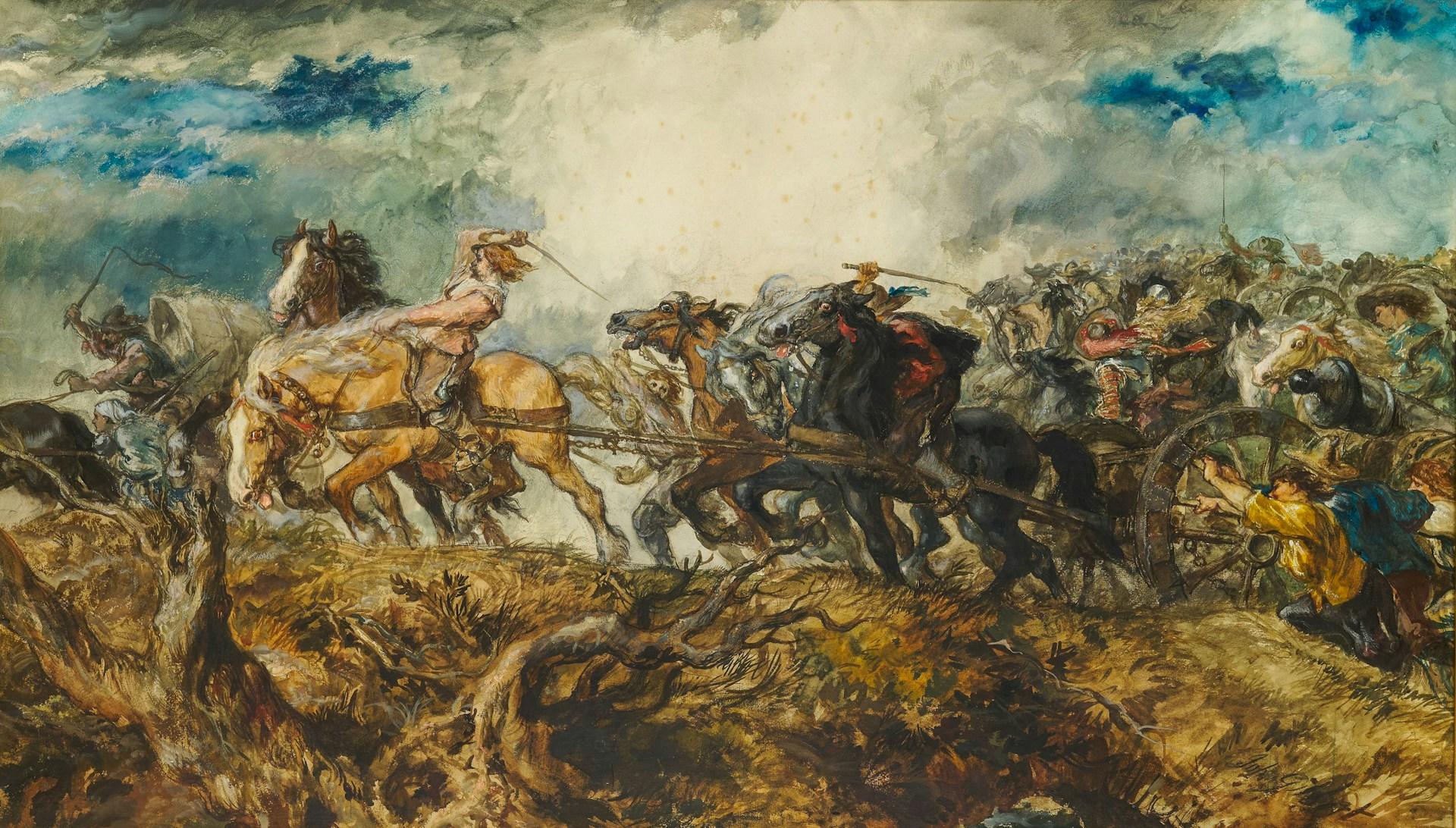English Literature, as a field of study, has profoundly shaped both local and international literary landscapes. At GCSE level, it is considered one of the most important subjects to master, alongside Mathematics and Science. In this article, we will explore the format of the exam papers, explore the key topics covered in the GCSE English Literature syllabus, and offer revision tips to help you secure the best grade possible.
Key Takeaways
- Overview of GCSE English Literature format for different exam boards
- Breakdown of syllabus: Shakespeare, novels, poetry, post-1914 prose and drama
- Key dates for 2026 GCSE English Literature exams
- Revision strategies to ace GCSE English Literature

✒️ Overview of GCSE English Literature Paper 1 and 2
While different exam boards such as AQA, Edexcel and OCR each have slightly different specifications, the overall content remains broadly the same: Shakespeare, 19th-century novels, poetry, as well as post-1914 prose and drama.
Here's a comparison of how GCSE students are tested for these exam boards for Paper 1.
AQA💡
Section A- Shakespeare
[34 marks]
Section B- 19th-century novel [30 marks]
Edexel 💡
Section A- Shakespeare
[40 marks]
Section B- Post-1914 prose/drama
[40 marks]
OCR💡
Section A- Modern prose or drama
[40 marks]
Section B- 19th-century prose
[40 marks]
Now, let's take a look at the comparison of topics that will be tested in GCSE English Literature Paper 2 across these three exam boards.
AQA💡
Section A- Modern Prose or Drama
[34 marks}
Section B- Power and Conflict Poetry [24 marks]
Section C-Unseen Poetry [30 marks]
Edexel 💡
Section A- 19th-century novel
[40 marks]
Section B Part 1 – Poetry Anthology [20 marks]
Section B Part 2- Unseen Poetry [20 marks]
OCR💡
2 hours
Section A- Poetry across time
[40 marks]
Section B- Shakespeare
[40 marks]
📆 GCSE 2026 English Literature Exam Timeline and New Updates
Here are some key dates and updates to the syllabus to take note of as you prepare for the upcoming 2026 GCSE English Literature papers.
11 May 2026
AQA, Edexcel, OCR GCSE English Literature Paper 1
19 May 2026
AQA, Edexcel, OCR GCSE English Literature Paper 2
24 June 2026
National contingency exam day (Standby)
20 Aug 2026
Release of results for students
📍 New AQA English Literature GCSE Text Changes To Start In 2025
Two plays and a novel are added to AQA's selection of texts for Paper 2 Section A: Modern texts.
Drama
- Leave Taking by Winsome Pinnock
- Princess & The Hustle by Chinonyerem Odimba
Prose
- My Name is Leon by Kit de Waal
Additionally, a new poetry cluster will also be added for Paper 2 Section B, so students who sit for tests under the AQA board can choose from the following clusters:
👉Love
and relationships
👉Power
and conflict
🔜 Worlds and lives
(First taught since Sept 2023 and tested in 2025)
🪶 English Literature GCSE: Shakespeare
The work of William Shakespeare is arguably one of the most important contributions to English literature. It is therefore no surprise that GCSE students across the country still study his work over 400 years after his death.
To answer any GCSE exam questions on Shakespeare, you will need to know your chosen play (chosen by your English teacher) inside out.
Each exam board looks at his work on its own, and as such, you will almost definitely have to answer a question on one of his plays.

Refer to the table below to review the different plays by Shakespeare that are taught under different exam boards for GCSE English Literature.
| Play for exam board | AQA | Edexel | OCR |
|---|---|---|---|
| Macbeth | ✅ | ✅ | ✅ |
| Romeo and Juliet | ✅ | ✅ | ✅ |
| The Tempest | ✅ | ✅ | ❌ |
| The Merchant of Venice | ✅ | ✅ | ✅ |
| Much Ado About Nothing | ✅ | ✅ | ✅ |
| Julius Caesar | ✅ | ❌ | ❌ |
| Twelfth Night | ❌ | ✅ | ❌ |
| Total plays studied | 6 (Paper 1) | 6 (Paper 1) | 4 (Paper 2) |
Get information about finding private English tuition here.
🤔 What Do You Need to Know?
Naturally, the first thing you will need to know about any Shakespeare play is the plot. Let’s take the example of Macbeth since it is included in these three exam boards.
This play is about a man’s violent rise to the throne of Scotland and how he uses further violence to strengthen his grip on the reins of power before he meets his gruesome end.
To understand the plot and what is going on, you will need to know who the main characters are, their respective roles, to correctly identify the core themes of this play.
Main characters of Macbeth
- Macbeth
- Lady Macbeth
- The Three Witches
- Banquo
- Macduff
- Malcolm
Main theme of Macbeth
- Ambition
- Violence
- Appearance vs reality

📖 How to Answer a Shakespeare GCSE Question?
As you go through your GCSE revision and the more exam practice that you do, you will notice one thing very quickly: the Shakespeare exam question nearly always has an extract for you to base your answer around.
Important note: The extract should not be the only thing you write about in your answer. It should be the starting point, but don’t forget to situate it in the context of the overall play.
Type 1: The characters and their characteristics
Type 2: The themes that run through the play
Your answers need to constantly highlight the relationship between these two elements because the themes are shown through the characters and their actions, and the characters and their actions are governed by the themes that Shakespeare chooses to have running through each play.
For example, if the question asks about the characteristics or traits of a specific character, then you should aim to analyse whether the extract shows the character in the same light as the rest of the play, or whether there are any noticeable differences between the two. If there are any differences, then think about the reasons for this (has something happened to the character to force this change?)
Discover some of our great English tutors in London here.
📚 GCSE English Literature Texts: 19th Century Prose
In the same way that Shakespeare is an important figure within English literature, so are 19th-century novelists such as Charles Dickens, Jane Austen, Charlotte Brontë, and H. G. Wells. These are the sorts of names that you will come across in the 19th-century novel aspect of GCSE English literature.

Once again, the exam boards will have their own specific texts that they will use, but novels such as A Christmas Carol, Great Expectations, Jane Eyre, Dr Jekyll & Mr Hyde, and Pride and Prejudice are common across different boards.
✅ Tips to Tackle the 19th-Century Prose Question
For the GCSE 19th-century prose question, the extract that you are given should be your starting point for your answer. You should pay close attention to it and base your answer around it, but you also need to place the extract in the context of the novel as a whole.
Start by underlining important parts in the extract that are related to the question. In particular, this should be closely related to the language used by the author. There is always a reason for the language that they use, and their reasons or motivations are key to this.
Given that the novel that you have to do was likely written in Victorian England, you should think about what was going on at the time, which influenced the novelists and what they were writing about.
For example, Charles Dickens often wrote about social injustice and the plight of the poor, which reflects what actually happened during that particular period. Therefore, this is essential when thinking about his choice of language and how he builds his characters in the novel, A Christmas Carol.
Get help preparing for your exams with a GCSE English tutor here.
📜 Poetry Topics in GCSE English Literature
The poetry part of your GCSE exam in English literature differs from the two parts that we have already discussed. You will probably have a poetry anthology with a group of poems in it based on a particular theme. In the exam question, you will have to compare and contrast two poems. Sometimes these are two named poems, and other times you will be given one named poem, and you will have to choose the second poem from the anthology.
The poems that you are given will be linked by theme (such as conflict, age, relationships, etc). If you have to choose a second poem to compare and contrast, then make sure that it has a similar theme to the named poem that you are given.
➡️Answering Step 1
Compare and review the two poems together
➡️Answering Step 2
Identify the key points to discuss: similarities or differences with equal attention
➡️Answering Step 3
Give relevant examples to support your key points throughout your comparison
Given that the question structure is slightly different for the poetry question, you should do plenty of exam practice before the big day. Past papers and revision guides are essential here, and the more writing skills that you pick up from your practice will only benefit you in the exam itself.
The more exam papers that you look at, the better prepared you will feel for your GCSE exams. The exam paper that you sit on exam day will feel more familiar because you will have seen plenty of questions and the structure that is used.
However, you should also do plenty of revision to complement this. A good revision guide can help here, but also looking back over your class notes is a good way to approach it.
🎭 Post-1914 Prose/Drama for GCSE English Literature
Just like the 19th-century novel that you will study and the Shakespeare play, you will only need to study one post-1914 novel or play from a list given by your exam board. Their lists will include novels such as Animal Farm by George Orwell and plays such as An Inspector Calls by J.B. Priestley.

You will more than likely be given an extract from the novel or play that you have studied, around which you should base your answer. But once again, you should move beyond this to look at how the extract fits into the overall text.
When planning your answer, think about the language that the author uses.
Why do they use this language? What are they trying to achieve?
One important thing to remember for your revision is the themes that run through the text. Keep these at the forefront of your mind when you are planning your answer for the question, because they are often essential to discussing character development and are a vehicle for the author to use for the development of said characters.
Improve yourself with an English tutor here on Superprof.
💯 Ace GCSE English Literature Topics with Superprof
GCSE subjects are extremely varied. These are the exams where you could find yourself sitting an exam in GCSE History in the morning and GCSE Science in the afternoon. Covering such a wide-ranging list of subjects and sitting exams in each one in such a short period means some things can fall by the wayside.
This is where Superprof comes in. Our tutors are close by to help you with the specifics of what you are struggling with while providing the best GCSE English Literature revision resources for you. Whether it’s Shakespeare or Animal Farm, or the poetry anthology or Pride and Prejudice, there is a tutor out there for you. Our tutors are all rated by their students, and their reviews and profiles can help you choose a tutor with the experience that you need.

So, don’t struggle alone! Log on to the Superprof website and find your perfect GCSE English Literature today! Also, consider consulting an English tutor for personalised support.
English literature is a kind of training in social ethics. English trains you to handle a body of information in a way that is conducive to action.
Marilyn Butler, British literary critic
























